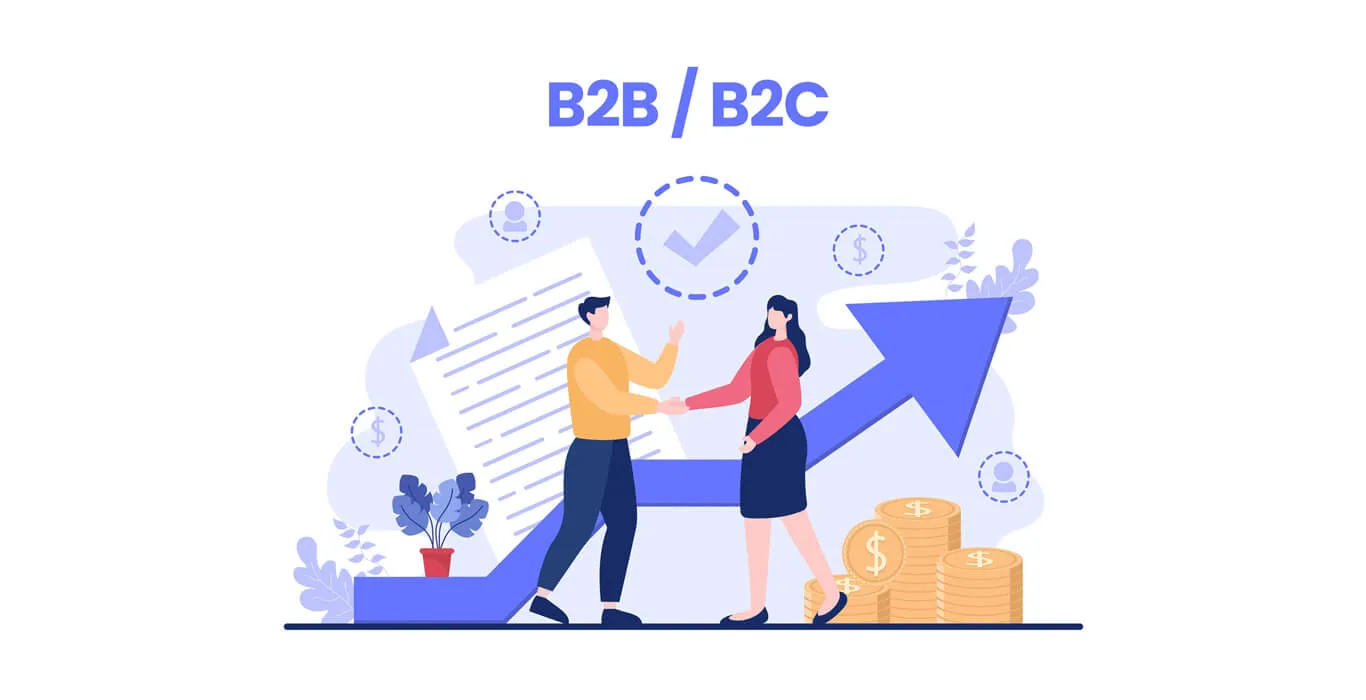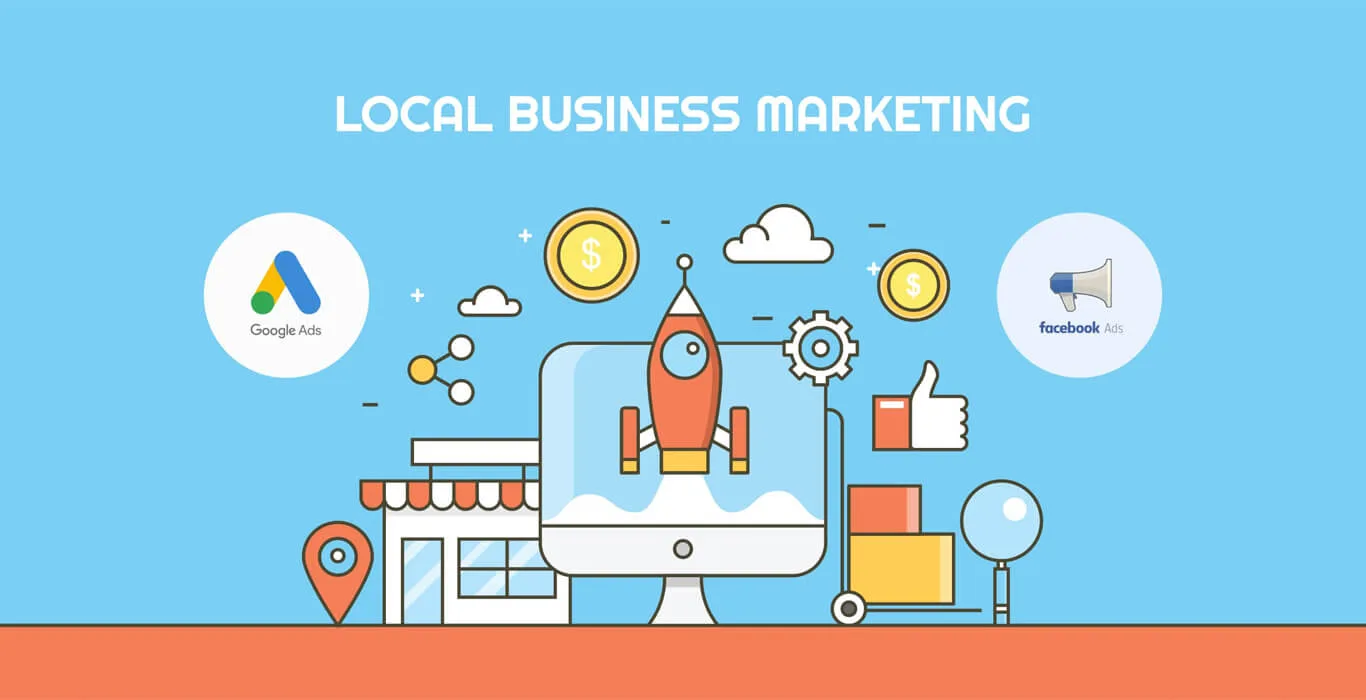“The best marketing doesn’t feel like marketing.” – Tom Fishburne
When it comes to promoting a product or service, social media is a powerful tool. Social media platforms have millions of users, and businesses can tap into this vast audience through social media marketing.

In this blog, we’ll explore how to set up a successful social media campaign from start to finish.
Step 1: Define Your Goals and Objectives
The first step in setting up a successful social media campaign is to define your goals and objectives. This will help you determine what you want to achieve with your campaign and measure its success. Several typical objectives for social media campaigns are:
- Increasing brand awareness: It aims to familiarize the audience with a brand’s name, logo, values, and products/services.
- Driving website traffic: It focuses on increasing the number of visitors to a website.
- Generating leads and conversions: It aims to convert potential customers into actual customers by encouraging them to take action, such as filling out a form, making a purchase
- Engaging with customers: It involves building a relationship with customers through interactive communication
- Improving customer satisfaction: It aims to enhance the overall experience of customers with a brand by addressing their concerns and responding to their feedback
Step 2: Identify Your Target Audience
After defining your social media goals and objectives, the subsequent step involves recognizing your target audience. Knowing your audience is crucial for creating content that resonates with them and drives engagement. Several aspects to consider when identifying your target audience include:
- Age: Understanding the age range of your audience helps to tailor your content and messaging appropriately.
- Gender: Knowing the gender of your audience can help you develop content that resonates with them and speak to their unique interests and experiences.
- Interests: Identifying your audience’s interests can help you create content that they will find engaging and relevant.
- Location: Knowing the geographic location of your audience can help you create targeted messaging that speaks to their specific needs.
- Behaviors: Understanding your audience’s behaviors and habits can help you craft content that is optimized for their preferences and consumption patterns.
Step 3: Choose the Right Platforms
After identifying your target audience, you need to choose the social media platforms that are most relevant to them. Different platforms attract different demographics and have different strengths and weaknesses. Some popular social media platforms include:
- Facebook: With over 2 billion active users, Facebook is the largest social media platform, making it a great option for reaching a broad audience.
- Instagram: This platform is particularly popular among younger demographics and is ideal for sharing visually-oriented content.
- Twitter: Twitter is great for sharing short, snappy messages and is often used for real-time news and updates.
- LinkedIn: As a professional networking platform, LinkedIn is ideal for B2B marketing.
Step 4: Develop a Content Strategy
Once you have identified your target audience and chosen your platforms, you need to develop a social media content strategy. Your content should be tailored to your audience and platform and align with your goals and objectives. Several crucial components of an effective content strategy include:
- Consistency: Posting content regularly and at the right time.
- Visuals: Using eye-catching visuals like images and videos to grab attention.
- Storytelling: Creating compelling narratives that connect with your audience.
- User-generated content: Motivating your target audience to generate and share content related to your brand.

Step 5: Monitor and Measure Results
Finally, it’s crucial to monitor and measure the results of your social media campaign. This will help you in recognizing what is effective and what is not, allowing you to make necessary modifications. Some metrics to track include:
- Engagement: Likes, comments, shares, and mentions.
- Reach: The total number of users to whom your content is served.
- Conversions: The number of individuals who perform the intended action, like buying a product or completing a form.
- Return on Investment (ROI): The revenue generated compared to the cost of the campaign.
Why Choose a Social Media Marketing Agency?
While it’s possible to set up a social media campaign on your own, working with a social media marketing agency can provide several benefits. Here are some reasons why you should consider working with a social media marketing agency:
- Expertise: Social media marketing agencies have the expertise and experience to create effective campaigns that drive results.
- Time-saving: Running a social media campaign can consume a lot of time. Collaborating with an agency releases your time to concentrate on other aspects of your enterprise.
- Cost-effective: A social media marketing agency can help you get the most bang for your buck by optimizing your campaigns for maximum ROI.
- Flexibility: Social media marketing agencies offer flexible services that can be customized to your needs and budget.
If you’re looking for a social media marketing agency that can help you set up a successful social media campaign, look no further than IKF. As a leading social media marketing company in Pune, we have the expertise and experience to create effective campaigns that drive results.

Ashish Dalia is the CEO & Chief Digital Marketing Strategist at I Knowledge Factory Pvt. Ltd.

Ashish Dalia is the CEO & Chief Digital Marketing Strategist at I Knowledge Factory Pvt. Ltd.











